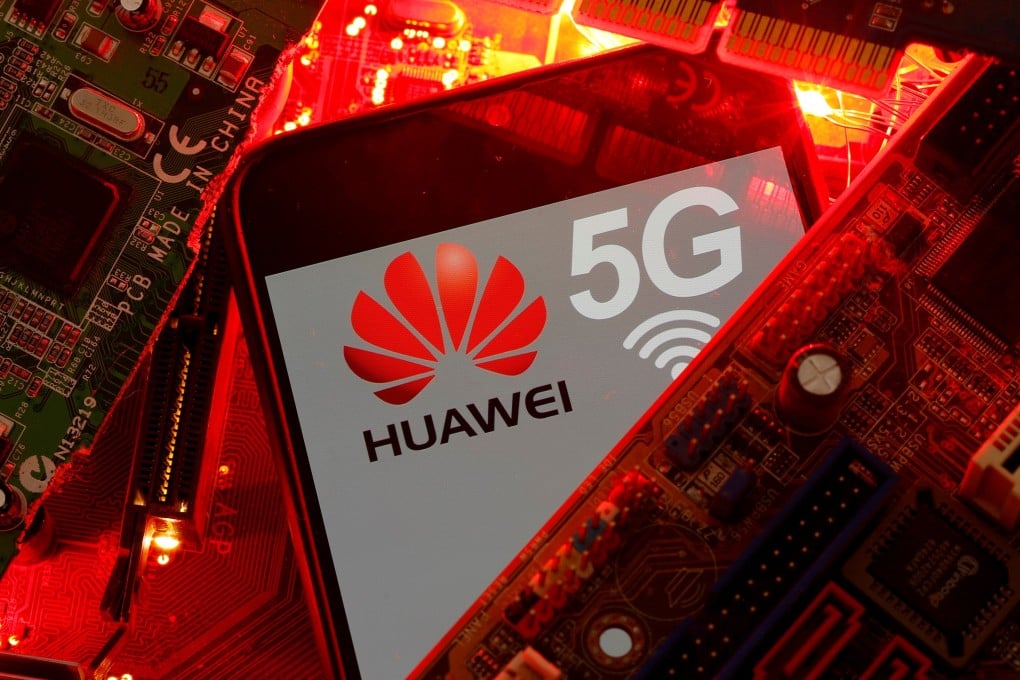Advertisement
Opinion | Huawei and 5G: a test for Southeast Asia’s digital transformation
- Policymakers have had their eyes opened by the coronavirus pandemic to the urgent need to digitally transform their economies and embrace 5G
- Yet there has been much debate, amid national security and cyber-surveillance concerns, over whether Chinese companies should be included
Reading Time:4 minutes
Why you can trust SCMP

5G adoption is continuing apace across Southeast Asia, even amid the significant economic downturn caused by the coronavirus pandemic. In fact, the unprecedented use of such technologies and digital services as telemedicine, video conferencing and online marketplaces this year has put 5G solidly at the forefront of the region’s digital transformation.
Members of the Association of Southeast Asian Nations continue to roll out their 5G masterplans, with Singapore, for example, still on track to achieve nationwide 5G coverage by 2025.
As well as providing consumers with faster connection speeds, lower latency and more bandwidth, 5G has also been touted as a revolutionary upgrade that will enable a wide range of new digital applications such as the internet of things, smart cities, driverless cars, robotic appliances, and augmented reality.
Advertisement
By 2025, the Asean region could gain as much as US$174 billion from 5G, according to global consulting firm AT Kearney, with more than half of that coming from service sectors such as trade, transport, and financial services – all further bolstered by artificial intelligence technologies.

01:25
China says it built 130,000 5G base stations as of the end of 2019
China says it built 130,000 5G base stations as of the end of 2019
Yet there has been much debate, amid national security and cyber-surveillance concerns, over whether operators in Southeast Asia should buy equipment from or partner with Chinese telecommunication companies for their 5G development.
Advertisement
Advertisement
Select Voice
Select Speed
1.00x
